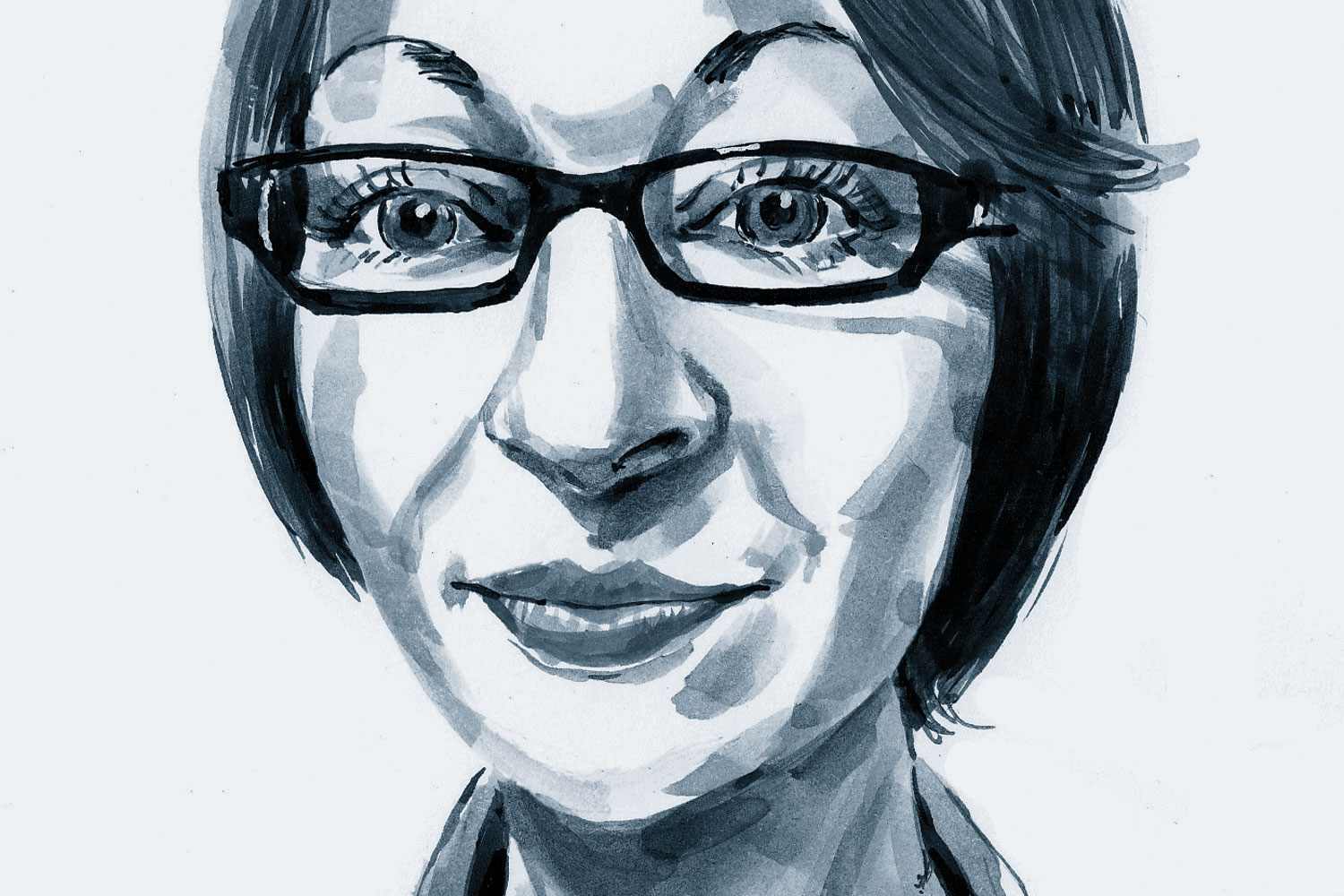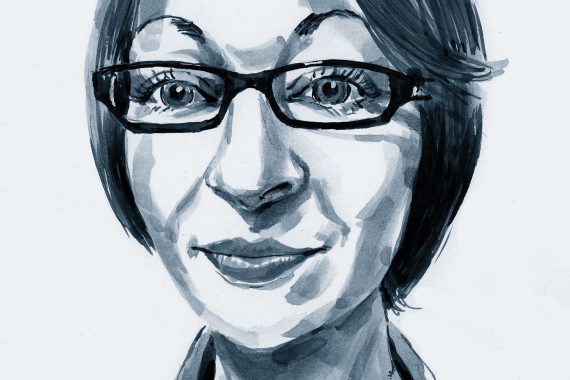
We all know the feeling, when we log on to the computer and glance at our surgery for that day. There’s one standout name that makes us take a deep breath and start counting the hours until home time. So what makes a patient a heartsink?
Sometimes it’s the medical side of things – the presentation, the set of symptoms that we know we hate dealing with. Personally, as soon as the patient says ‘I keep getting dizzy’, I immediately want to lay my head on the desk and stick my fingers in my ears.
I’ve done hours and hours of CPD on this. I read the differential, I nod, and then it flies straight out again. I seem utterly unable to retain the information on how to tell the central from peripheral causes, and random nuggets of knowledge then pop into the brain as the patient talks. Ears, brain, emotion – it could be any of them, plus a million more.
For other GPs, it could be presentations of being tired all the time, or menorrhagia, or foot pain, or eyes. We all have those known unknowns where our brains just don’t seem able to process certain bits of medicine.
We cannot forget the patients whose names put a wry smile on your face
But not all heartsinks are about the medicine; sometimes it’s about the person. It could be the very first time you’ve seen them, but something rubs you up the wrong way. It might be the rolled eyes when you apologise for being late, or the production of the four-page list. The description of a colleague as ‘the one with the foreign name’, or the assumption that you will prescribe the 300mg of pregabalin they’ve been getting from their gran’s supply.
If it isn’t the first time you’ve seen them, sometimes the anatomy of a heartsink is multi-layered and complex. Five years of trying to work through a patient’s health beliefs and symptoms and finding your opinion is sought but always ignored is enough to break the hardiest of clinicians. Or maybe going above and beyond and then being chastised for a minor admin issue. Or the complaint you never saw coming.
And just because we are doctors, that doesn’t make us above pettiness either – a patient’s inability to switch a mobile to silent, the child jumping up and down on your scales while their parent looks on, or those wolf fleeces much beloved by some patients in chillier weather can all bring on irritation.
But we must not forget that, for all the heartsinks, there are the opposites – let’s call them the heartlifters. The patients whose names put a wry smile on your face. The ones the adverts for GP recruitment focus on.
You know they won’t mind if you run late, and that while most of your conversation won’t be about medical things (it’s usually about dogs for me), you will finish that consultation feeling like the best doctor in the world. They remind you why you love (or loved) being a GP, and make you feel like you make a difference by just being you. The fact you don’t know the 15 commonest causes of dizziness doesn’t matter. Heartlifters appreciate you more because you don’t profess to know everything. It makes you human and that’s what they value.
If every surgery had only those patients in, it wouldn’t feel quite so hard.
Dr Zoe Norris is a GP in Hull
Pulse October survey
Take our July 2025 survey to potentially win £1.000 worth of tokens












